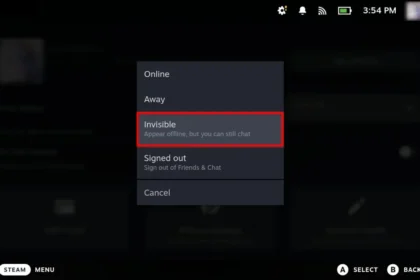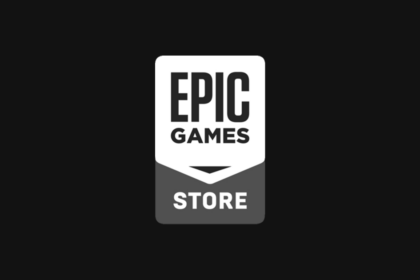Mastercard has responded to recent reports linking it to the removal of adult games from platforms like Steam and Itch.io, denying any direct involvement in the takedowns.
The controversy began after several adult-themed titles were delisted from digital storefronts. Both platforms pointed to pressure from payment processors, reportedly triggered by concerns raised by Collective Shout, an Australian anti-pornography advocacy group. In their communications, Steam and Itch.io stated the removals were necessary due to violations of payment policies.
Amid speculation, Mastercard — often named as one of the driving forces behind the crackdown — has now issued a public statement denying it had any role in calling for such restrictions.
“We haven’t reviewed or demanded limitations on games or content hosted on creator platforms,” the company said. “Any reports suggesting otherwise are incorrect. Our payment systems operate based on legal standards.”
The statement adds that Mastercard’s role is to enable legal purchases, but also to ensure that its cards aren’t used for anything unlawful, especially when it comes to illegal adult content.
It’s worth noting that Mastercard isn’t a payment processor itself — a distinction that’s sometimes lost in the conversation. Instead, it supplies the network infrastructure that processors use to complete transactions. Companies like Valve (which owns Steam) and Itch.io work with these processors, who in turn must comply with card network policies.
Still, despite Mastercard’s denial, Valve has acknowledged that the company did play a part — indirectly.
In a message to PC Gamer, a Valve representative explained that while Mastercard didn’t reach out to them directly, it did communicate with payment processors and the banks that manage those transactions. These processors passed the concerns along to Valve, prompting the removal of certain titles.
Valve emphasized that Steam has had a clear adult content policy since 2018, and aims to support legal games that meet that standard. However, Mastercard’s rules — specifically Rule 5.12.7 — were cited by processors as justification for not supporting those titles.
The rule bans any product that:
“Is flagrantly offensive and lacks serious artistic value. Examples include non-consensual sexual behavior, exploitation of minors, mutilation, bestiality, or other material deemed unacceptable to be sold under the Mastercard brand.”
Pressure from Activist Group Collective Shout
Much of the pushback appears to have been fueled by Collective Shout, an organization based in Australia that campaigns against pornographic content. In April, the group openly criticized games on Steam and Itch.io featuring content related to incest or sexual violence, which they argued should not be sold or monetized on major platforms.
Following the group’s complaints and the subsequent response from payment processors, the affected games began disappearing from storefronts.
While Mastercard maintains it didn’t issue direct takedown requests, the ripple effects of its policies — combined with the influence of advocacy groups and cautious payment processors — have clearly played a part in what content can and can’t be sold on mainstream platforms.











